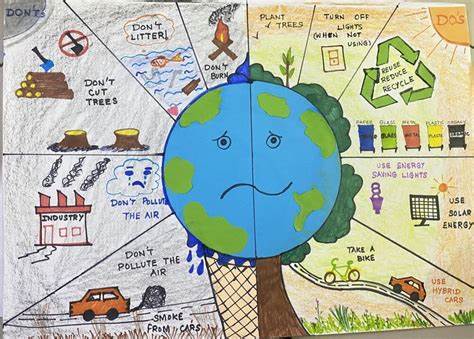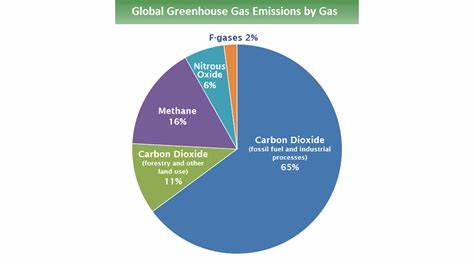
Introduction
Global warming refers to the long-term rise in the Earth’s average surface temperature due to human activities, primarily the emission of greenhouse gases. It is one of the most pressing environmental issues facing the world today, with widespread consequences including extreme weather events, rising sea levels, melting glaciers, and loss of biodiversity.
Thank you for reading. Don't forget to subscribe & share!

Major Contributors to Global Warming
- Burning of Fossil Fuels
The combustion of coal, oil, and natural gas for electricity, heat, and transportation is the largest source of greenhouse gas emissions globally. - Deforestation
Trees absorb carbon dioxide (CO₂). When forests are cut down, not only is this CO₂ absorption reduced, but stored carbon is also released back into the atmosphere. - Industrial Activities
Factories emit large amounts of CO₂, methane (CH₄), and nitrous oxide (N₂O), especially in sectors like cement, steel, and chemical production. - Agriculture
Livestock produce methane through digestion, and the use of fertilizers releases nitrous oxide, both potent greenhouse gases. - Waste Management
Decomposing organic waste in landfills generates methane, and inadequate waste disposal contributes to increased emissions.

Solutions to Control Global Warming
- Transition to Renewable Energy
Replacing fossil fuels with solar, wind, hydro, and geothermal energy can drastically reduce CO₂ emissions. - Reforestation and Afforestation
Planting trees and restoring forests help absorb CO₂ from the atmosphere, acting as a natural carbon sink. - Energy Efficiency
Improving energy efficiency in buildings, transportation, and industries can reduce overall energy consumption and emissions. - Sustainable Agriculture
Practices like crop rotation, organic farming, and precision agriculture can lower emissions from farming activities. - Waste Reduction and Recycling
Minimizing waste, composting organic material, and recycling reduce the need for new resource extraction and lower emissions. - Public Awareness and Policy Support
Governments can enforce climate-friendly policies, and educating the public can lead to behavior change at the grassroots level. - Carbon Pricing and Taxes
Implementing carbon taxes or cap-and-trade systems can incentivize businesses to lower emissions.
Conclusion
Global warming is a man-made crisis, but it is not irreversible. By adopting sustainable practices, investing in clean energy, and taking collective action at global, national, and individual levels, humanity can mitigate its impact and secure a healthier planet for future generations.


